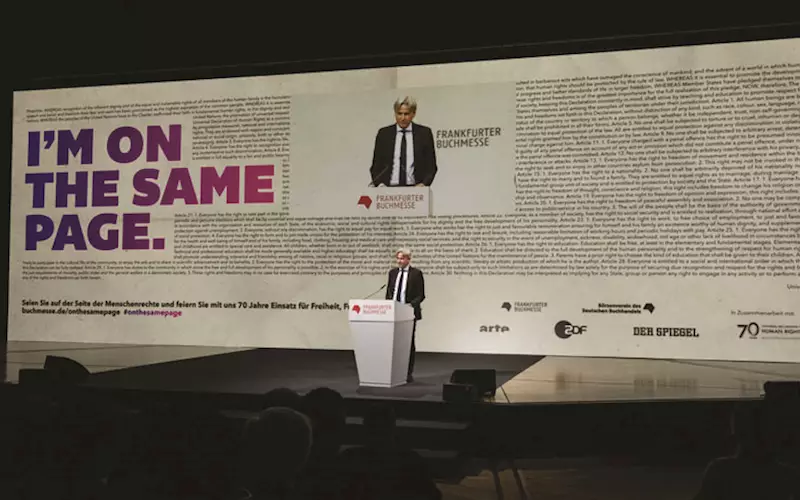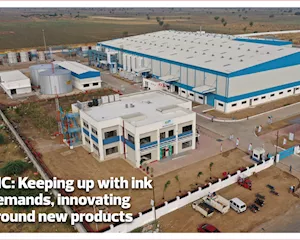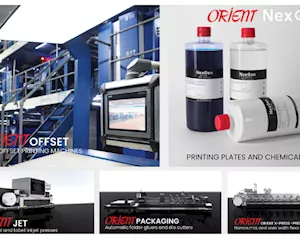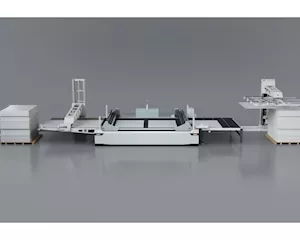European Manifesto on supporting innovation for cultural & creative sectors
How can the cultural and creative sectors thrive in the digital age, and cope with the challenges of new technologies such as artificial intelligence, virtual reality and blockchain? What are the best ways of supporting technology-driven innovation at European, national and regional levels? What will happen if we, as a society, do not act now? During Frankfurt Book Fair 2018, held from 10 to 14 October in Frankfurt, Germany, 14 European partners presented their new “European Manifesto on Supporting Innovation for Cultural & Creative Sectors” at a press conference at The Arts+, the festival on the future of culture.
17 Oct 2018 | By Dibyajyoti Sarma
For the first time, Europe’s creative sectors are making a united call for large-scale support for innovation in culture. At the same time, they have issued a stark warning that, without such support, the success of the sectors – including journalism, broadcasting, cultural heritage and publishing – is at risk in the near future.
The 14 partners state in their manifesto: “Culture is one of Europe’s biggest assets. But in an era of big technological change, Europe needs a more effective innovation strategy for the cultural and creative sectors. Right now, the logic of the big commercial platforms is reshaping not only Europe’s markets, but also its societies. Culture helps us make sense of our world, and it should provide a moral compass for technology. To empower culture in this function and to empower citizens to make the most of culture, we need massive public support for innovation in culture, but such support is currently lacking.”
“The social, cultural and economic relevance of the creative and cultural industries is enormous,” said Christian Ehler, member of the European Parliament, at today’s press conference. “They are a key sector in Europe – bigger than the automotive or chemical sectors when it comes to their impact on jobs, for example. It is about time that we treat these sectors as a key sector, give them the importance they deserve and put them at the centre of innovation policies at the European level.”
Ehler was also a co-rapporteur for a report by the European Parliament which – already at the end of 2016 – called for a coherent European policy for the creative sectors, and highlighted the relevance of the sectors in providing “more than 12 million full-time jobs, which amounts to 7.5% of the EU’s workforce, creating approximately EUR 509 billion in value added to gross domestic product (5.3% of the EU’s total gross value added).”
The Manifesto supports the demands made in the European Parliament’s report, and urges the swift implementation of a coherent innovation policy for the creative sectors at European, national and regional levels.
“Although there are plenty of innovative initiatives and start-ups in the creative and cultural sectors, very few of these achieve a sufficient scale for them to have a bigger impact on society or the market,” said Holger Volland, co-founder of The Arts+. “We can see a growing gap between technology and culture. Culture, and with it society, are struggling to catch up with the exponential speed of technological innovation.”
Ugo Bacchella, president of the Italian Fitzcarraldo Foundation and strategic partner of The Arts+, observed that “tailored investments and structural support are needed if we are to benefit fully from tech-driven innovation, and for innovations in cultural production and distribution to bring more culture into citizens’ everyday lives. That’s how to make the most of cultural diversity and overcome the fragmentation of the cultural sectors.”
For the last few months, 14 European partners have been cooperating in an effort to identify the most significant structural barriers to innovation in the creative sectors, and to find the best solutions for a coherent strategy. The result – the Manifesto – was presented for the first time at The Arts+ Innovation Summit in front of over 100 international experts from the fields of culture, technology, politics and business.
The biggest barriers to innovation identified in the Manifesto include
- A high degree of fragmentation and a silo mentality that reflect sectoral, language and country divisions, despite the fact that cross-sector and cross-boundary collaboration are crucial.
- A general lack of investment, funding and financing: little investment comes from outside investors, and few public funding policies of an appreciable scale exist.
- The specific characteristics of the creative sectors, and how they affect innovation, are not easily measured nor readily understood. They have not yet been recognised by public policy makers.
- Technical and entrepreneurial skills are poorly integrated.
- Value networks are changing, bringing a need for new value and business models.
- Culture and creativity exist in an increasingly global context, yet cultural and political actors often still have a local mind-set.
The Manifesto proposes the following support measures for the cultural and creative sectors:
- Acknowledge the converging and hybrid structure of the sectors, and introduce more explicit policies to support their innovation potential.
- Raise public investment in the cultural and creative sectors to a level which befits their relevance as a key sector and tailor funding programmes to their needs.
- Make it more attractive to invest in the sectors by strengthening alternative forms of investment and enabling new revenue sources.
- Strengthen the dialogue between policy, culture, technology and industry stakeholders, as well as intermediaries, research actors and civil society.
- Support a broader definition of innovation to include “soft” innovation.
- Strengthen the international character of the cultural and creative sectors, by enhancing the role of supranational policies and innovation support measures, especially at EU level.














 See All
See All